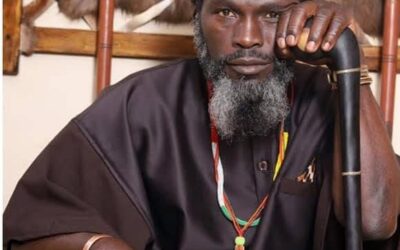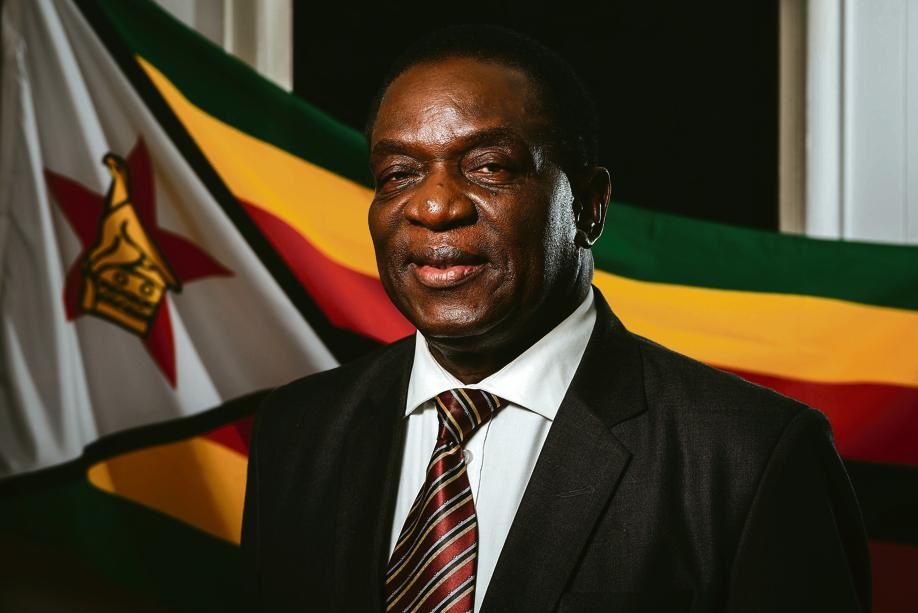By Bafana Phalane
Is ZANU PF Still Relevant?
Looking at the history of Zimbabwe and its people, it is almost impossible not to think about ZANU PF. The party has been a cornerstone of Zimbabwean politics, shaping the nation’s trajectory from the oppressive years of European dominance to the historic transition to independence in 1980. Through the years of guerrilla warfare, the Gukurahundi atrocities, and the economic meltdown that left many Zimbabweans impoverished, one constant has remained: ZANU PF. Whether you support them or not, the story of Zimbabwe is inseparable from the story of ZANU PF. Yet, as Zimbabwe’s path continues to twist and turn, the question arises: Is ZANU PF still relevant?
ZANU PF has seen its share of triumphs and controversies. Under Robert Mugabe, the party dominated Zimbabwe’s political landscape for decades. Mugabe’s tenure was marked by his fiery rhetoric, Pan-African ideals, and controversial land reforms, but also by allegations of rigged elections, economic mismanagement, and human rights abuses. The bitter rivalry between Mugabe’s ZANU PF and Morgan Tsvangirai’s MDC brought Zimbabwe to the brink on numerous occasions, from election violence to international sanctions.
The 2017 coup d’état, which ended Mugabe’s rule, was a pivotal moment in Zimbabwean history. It ushered in a new era under Emmerson Mnangagwa, who promised a “Second Republic” and reforms to rebuild the nation. His leadership has been met with mixed reactions, with some applauding his pragmatism and others criticizing him as a continuation or even a worsening of Mugabe’s authoritarian legacy.
Mnangagwa has faced immense challenges since taking office. On the positive side, his administration has made notable strides in certain areas. Despite a sluggish start, Zimbabwe’s economy shows signs of gradual improvement. The introduction of the Zimbabwean new currency and the stabilization of inflation, though controversial, have brought a measure of hope to some citizens and investors. Mnangagwa’s government has made efforts to rebuild diplomatic and economic ties with the West and other global partners, signalling a shift from the isolationist policies of the Mugabe era. The government has also prioritized infrastructure projects, including roads, energy, and telecommunications, which are critical for long-term economic growth.
However, Mnangagwa’s shortcomings have also drawn significant criticism. Allegations of corruption, state-sponsored violence, and the suppression of opposition voices have persisted under Mnangagwa’s leadership. The arrest of political activists and journalists has raised questions about the government’s commitment to democratic principles. While progress is visible, many Zimbabweans continue to grapple with high unemployment, poverty, and a fragile currency. The diaspora remains cautiously optimistic but expects more substantive reforms. ZANU PF’s internal struggles and factionalism threaten to undermine its stability. Some analysts predict a political standoff within the party once Mnangagwa leaves the stage, a scenario that could mirror the challenges faced by other long-standing ruling parties in Africa.
ZANU PF would be wise to take lessons from regional counterparts. In South Africa, the African National Congress (ANC), despite its liberation credentials, has lost significant support due to scandals and a failure to adapt to changing political climates. Similarly, Botswana’s Democratic Party (BDP) has struggled to maintain its dominance after 60 years in power. These examples highlights the reality that no party is invincible.
For ZANU PF to remain relevant, it must be proactive and responsive to the needs of the people. In the age of technology and social media, citizens demand transparency, accountability, and swift action. The party must combat corruption with unwavering determination and manage political matters with discretion and integrity. Failure to adapt could lead to a decline in its influence, even after decades of dominance.
ZANU PF’s ability to thrive amid adversity is one of its defining characteristics. Despite economic hardships, international sanctions, and internal criticisms, the party continues to govern Zimbabwe. This resilience is both a demonstration to its adaptability and a warning that it cannot afford complacency. Managing the transition beyond Mnangagwa will be crucial for its survival. Without strategic leadership and unity, ZANU PF risks falling victim to the same fate as other liberation movements across the continent.
The question of ZANU PF’s relevance is complex. The party’s historical role in shaping Zimbabwe cannot be understated, and its continued dominance suggests a deep connection with certain segments of the electorate. However, relevance in the modern era requires more than just historical significance. It requires a commitment to good governance, economic reforms, and the well-being of all Zimbabweans.
In the end, only time will tell whether ZANU PF can rise to the occasion and maintain its relevance. The party’s future hinges on its ability to evolve with the changing political landscape and deliver tangible progress. For now, ZANU PF’s legacy remains intertwined with the story of Zimbabwe, for better or worse.
Bafana Phalane: Editor and Founder @ Maverick Point








13 thoughts on “Beyond Liberation: Can ZANU PF Thrive in a Post-Mugabe Era?”